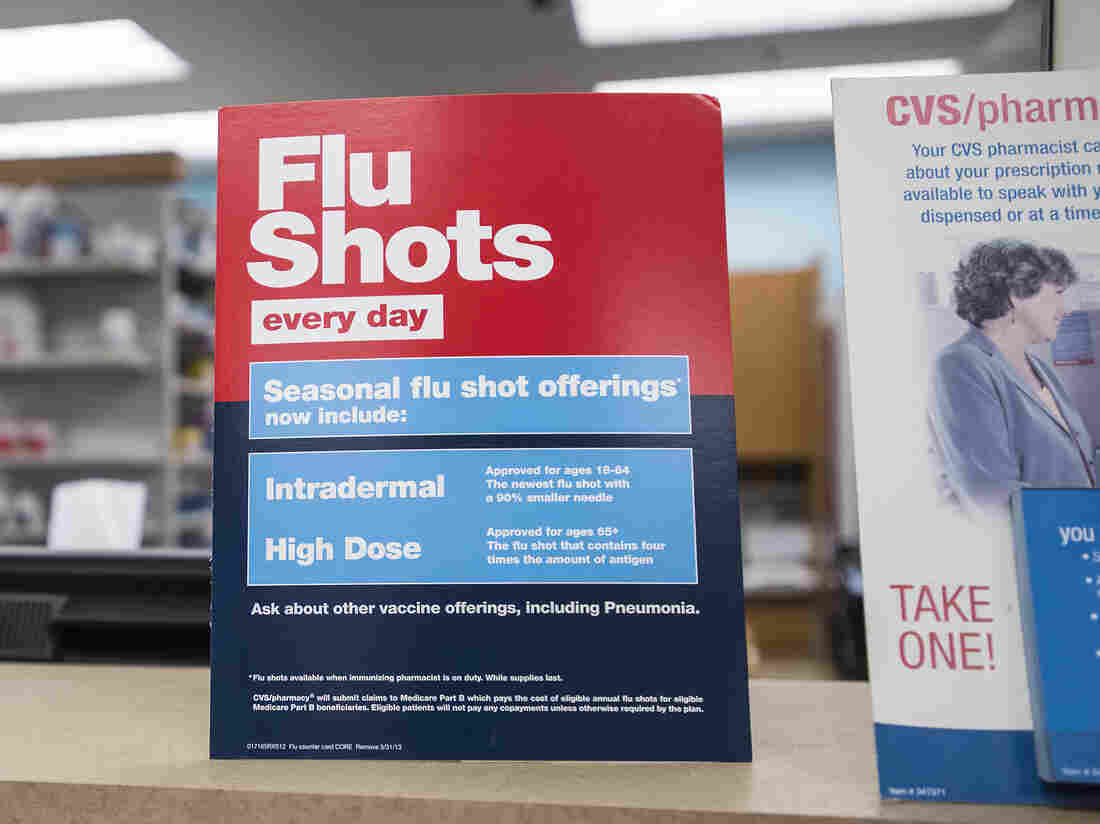Former U.S. Commerce Secretary Says Trade War Steeped In ‘Emotion And Antagonism’
American business owners weigh in on the most recent escalation in the U.S.-China trade war.
MICHEL MARTIN, HOST:
As we have said, trade tensions between the U.S. and China have been building, so from time to time, we’ve been checking in with representatives of different kinds of businesses to hear how it’s been affecting them. We’ve called back a few of them to hear how they’re responding to the most recent developments.
First, Alex Logemann. He works for a bicycle industry coalition.
ALEX LOGEMANN: I am Alex Logemann. I am policy counsel at the PeopleForBikes coalition. What was most recently announced is essentially just making a bad problem worse for the bicycle industry. About 93% of complete bicycles are imported from China, so it is a massive source of production for the bicycle industry. And to try and move the production of that many millions of bicycles is extremely complicated. You know, everybody’s having to re-examine their sourcing, but you can’t shift that kind of volume overnight, even for brands that are interested in trying to bring assembly or production jobs back to the U.S. They can’t do it with these tariffs in place.
JOHN BOYD: I am John Boyd, founder and president of the National Black Farmers Association. The new retaliatory tariffs are going to be devastating for America’s farmers and especially soybean farmers such as myself. More farmers will end up filing bankruptcy because they really just can’t sell their crops this year for $8 a bushel. And the administration and the Ag Department has not opened up new markets for American farmers, and that’s what’s killing us right now. We want the Trump administration to understand the last thing that you want to gamble with in America is America’s farmers.
TIM BOYLE: My name is Tim Boyle. I’m the president and CEO of Columbia Sportswear Company, an apparel and footwear company based in Portland, Ore. The new tariffs, frankly, are a slap in the face to Americans. Columbia Sportswear is a global company. We have – 40% of our sales are outside the U.S. So to the extent we can mitigate the price increases caused by these taxes-slash-tariffs, we’ll do that. But we’re going to have to raise our prices.
We have a great relationship with China. We – in addition to sourcing products there, we also sell products there. It’s one of our most important markets. For a suggestion to be made that the U.S. should or even could not do business with the second-largest economy in the world is absolutely lunacy.
MARTIN: That was Tim Boyle, the president and CEO of Columbia Sportswear, John Wesley Boyd, president of the Black Farmers Association (ph), and Alex Logemann, policy counsel at PeopleForBikes coalition.
(SOUNDBITE OF MF DOOM’S “LICORICE”)
Copyright © 2019 NPR. All rights reserved. Visit our website terms of use and permissions pages at www.npr.org for further information.
NPR transcripts are created on a rush deadline by Verb8tm, Inc., an NPR contractor, and produced using a proprietary transcription process developed with NPR. This text may not be in its final form and may be updated or revised in the future. Accuracy and availability may vary. The authoritative record of NPR’s programming is the audio record.


